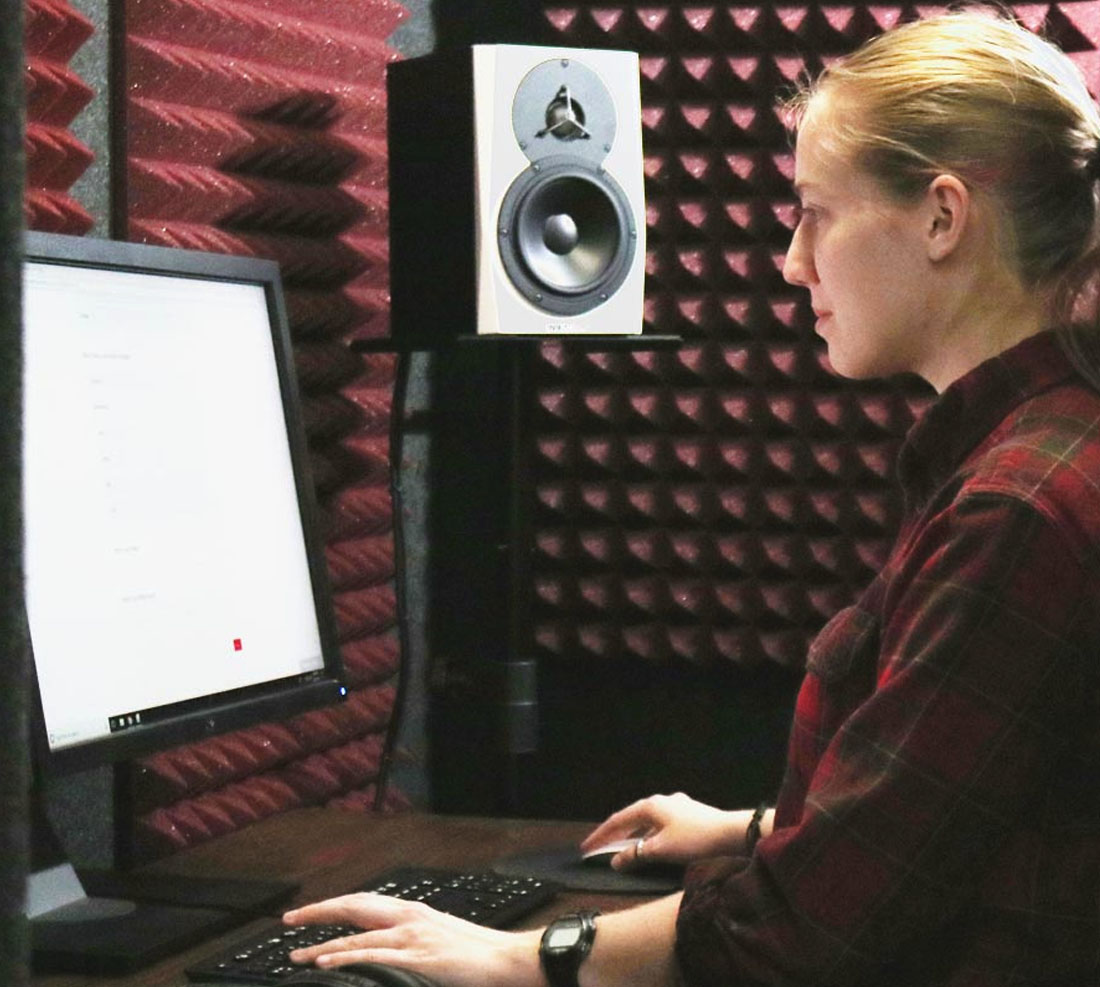
J.T. & Margaret Talkington
College of Visual & Performing Arts
Performing Arts Research Lab
Who We Are
The Performing Arts Research Lab (PeARL) uses a combination of interdisciplinary experimental and computational methods to address fundamental questions about the composition, performance, and reception of music, theatre and dance, and the visual arts.
We focus primarily on learning and memory, the formation of expectations, and emotion and empirical aesthetics. The lab employs methods from psychophysics, cognitive psychology, psychophysiology, corpus linguistics, information retrieval, systematic musicology, and music theory and analysis.
The Performing Arts Research Laboratory is part of the Department of Interdisciplinary Arts at the J.T. & Margaret Talkington College of Visual & Performing Arts at Texas Tech University. PeARL is physically located in the TTU School of Music.
A faculty search will be conducted during the 2025-26 academic year for a new interdisciplinary arts faculty member who has the research background and experience to help lead PeARL into its second decade.
Performing Arts Research Lab (PeARL)
-
Address
Music Building – Room 004a, 2624 18th St, Lubbock, TX 79410 -
Phone
806.742.0700 -
Email
cvpa.pearl@ttu.edu
